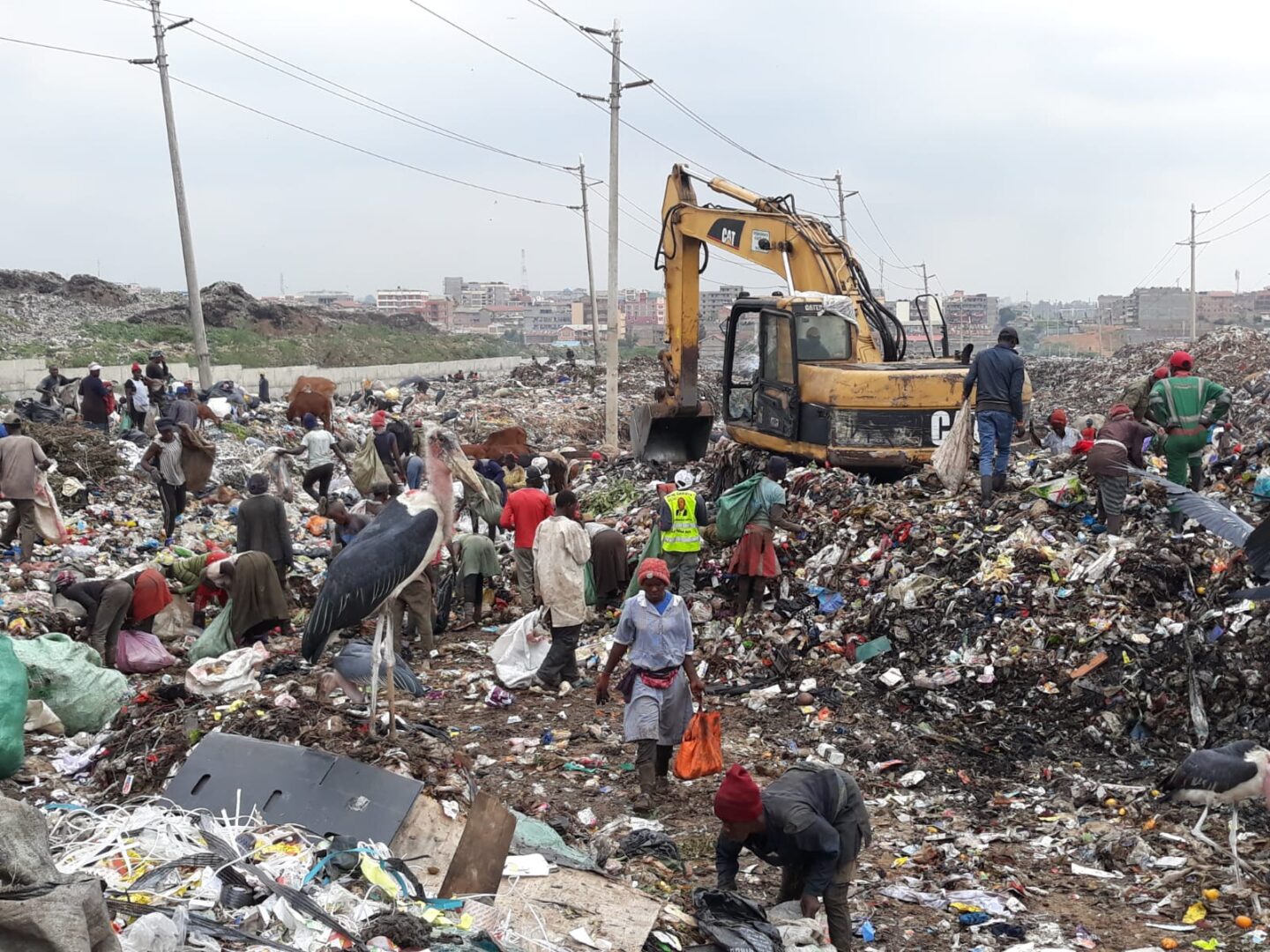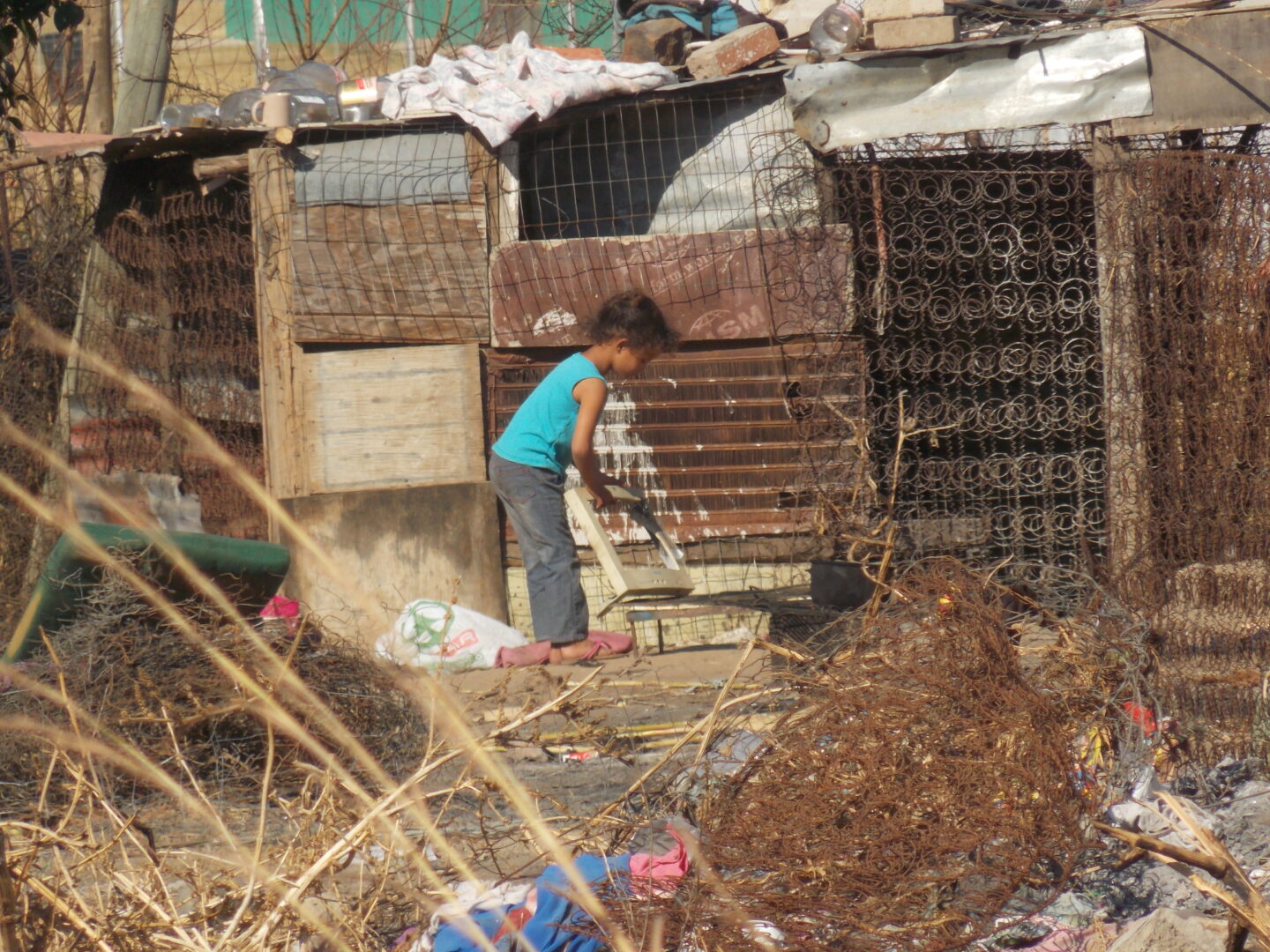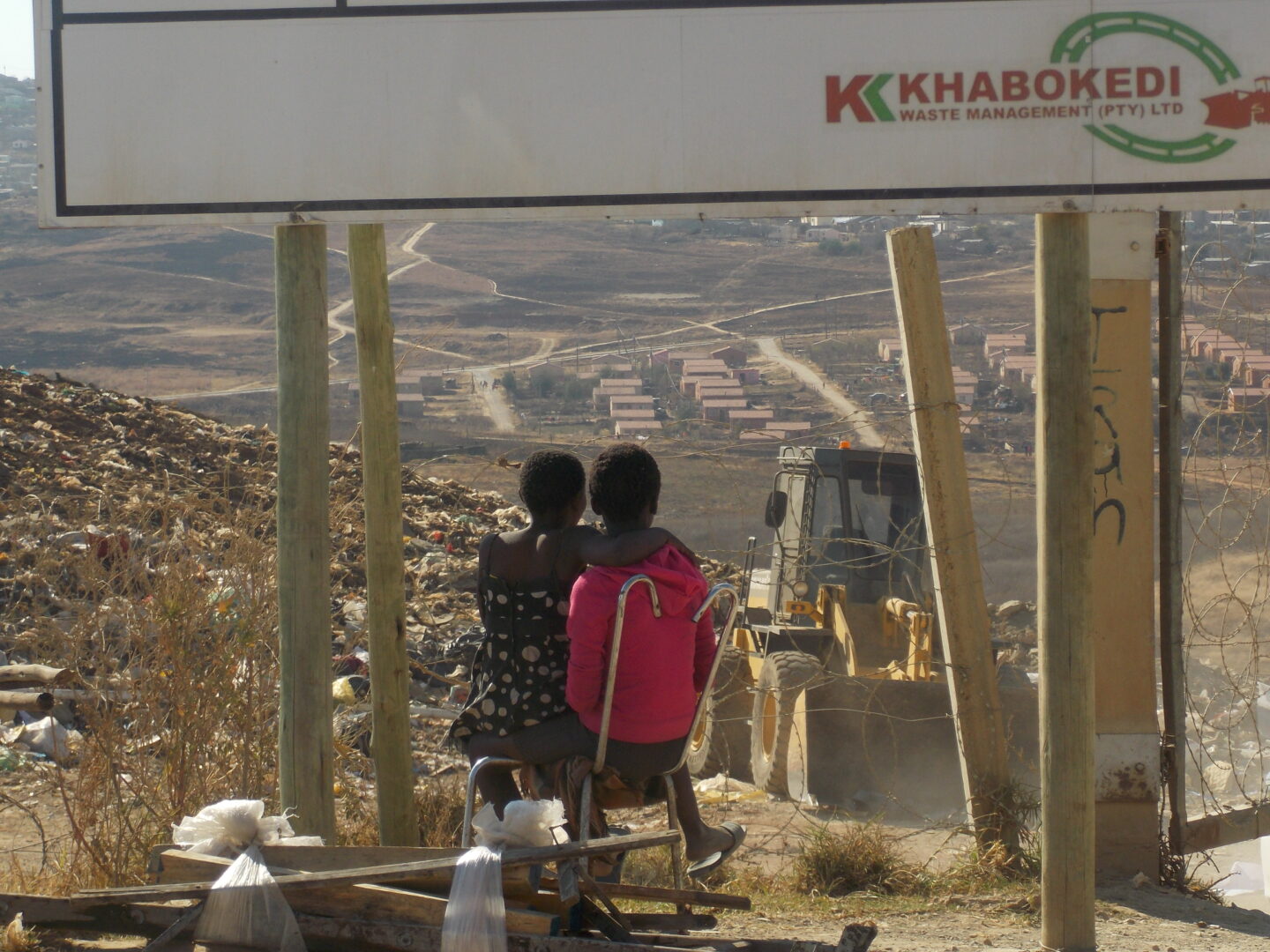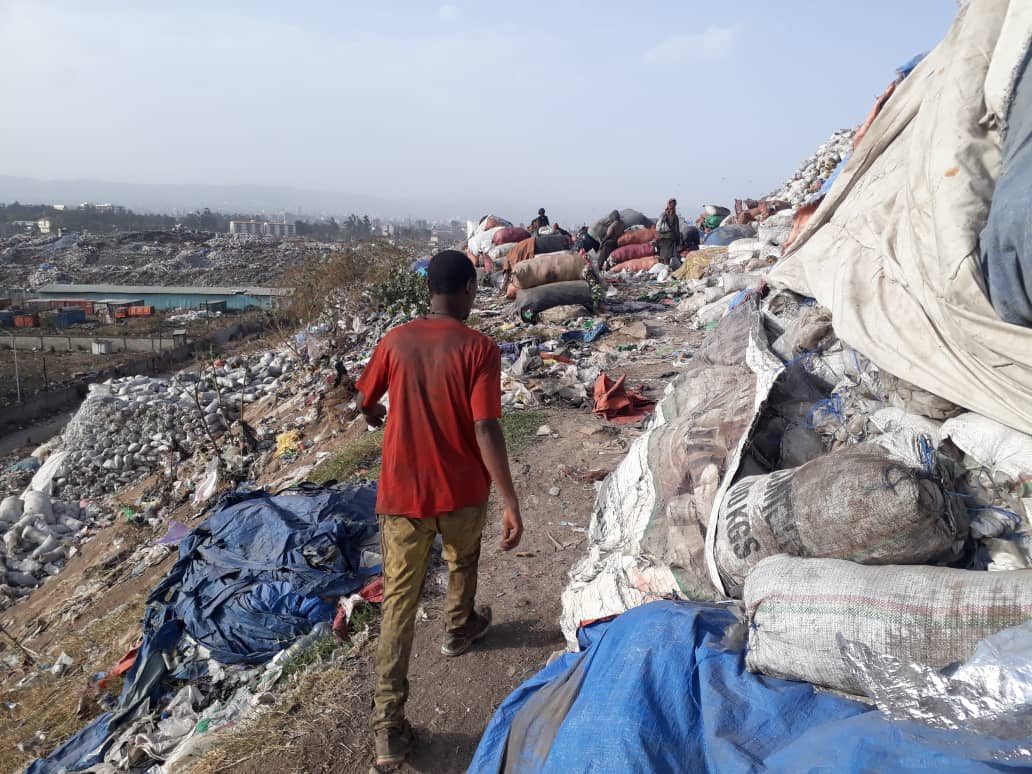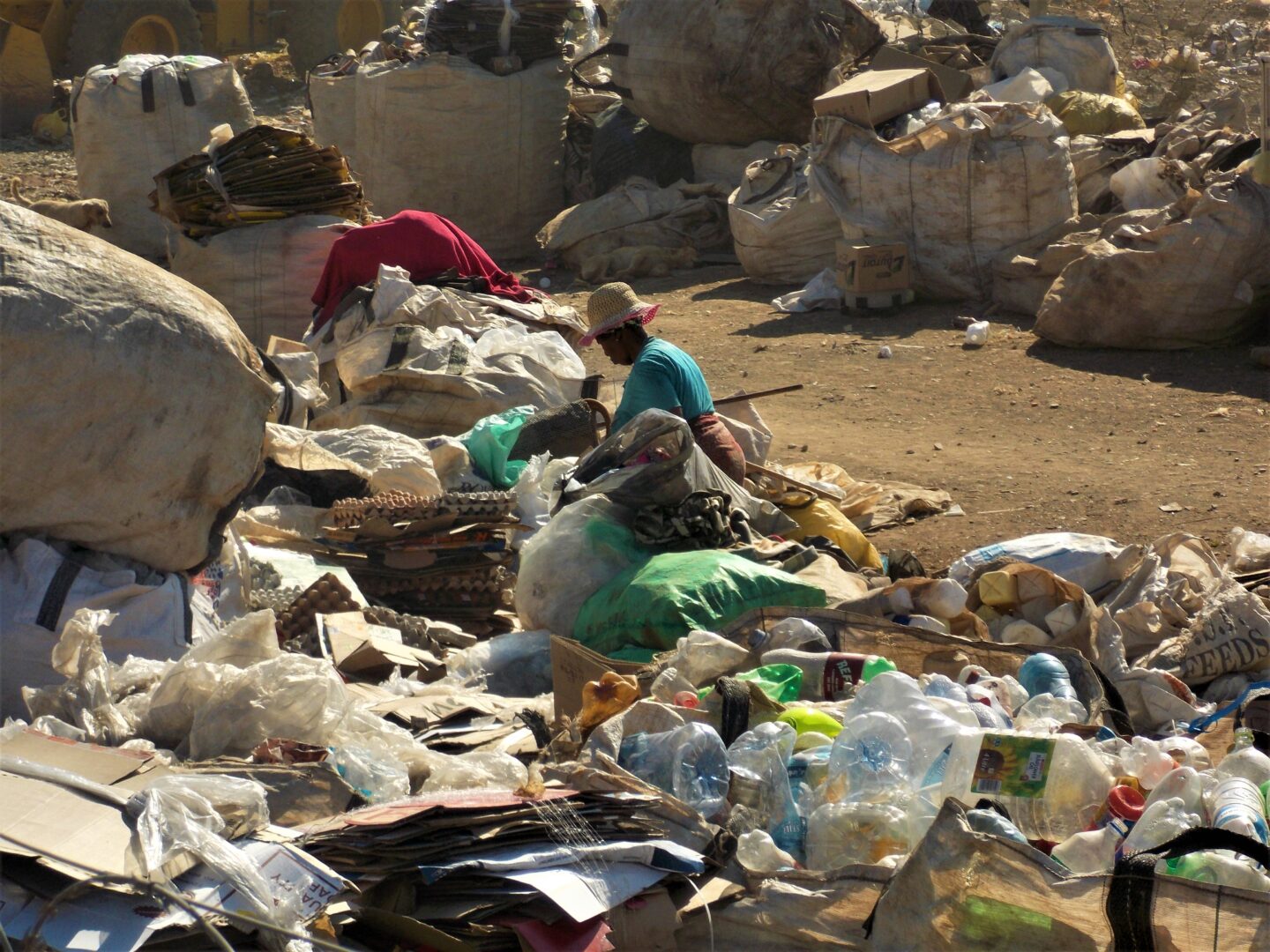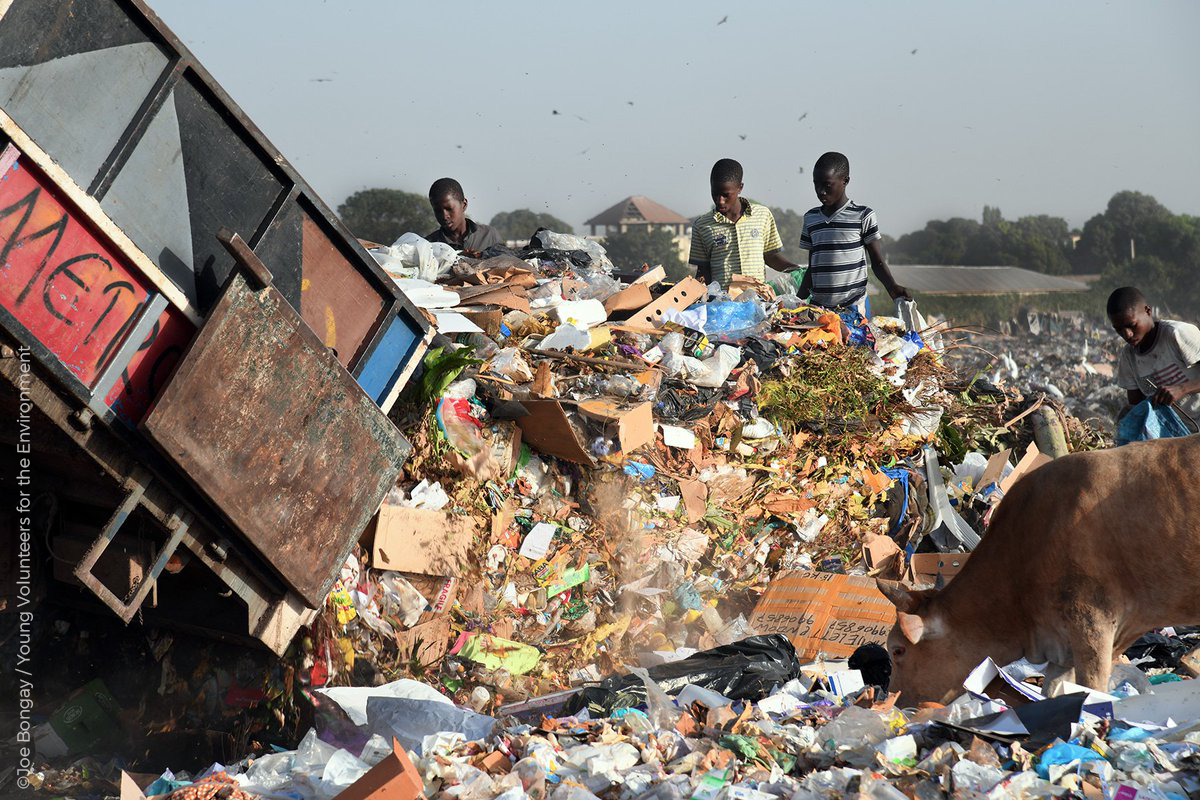Africa Day 2022: Fighting Waste Colonialism
On the 25th of May, 2021 GAIA & BFFP Africa released a solidarity video on the impact of waste colonialism on African countries. For Africa Day 2022, we continued to creating awareness on the different impacts and forms of waste colonialism by holding an online meeting with our African member organisations, with presentations from expert speakers. In addition to the online meeting, we developed a sign-on letter on waste colonialism directed to African governments.
The Campaign
We have seen the effects of waste colonialism in the African continent. Where our natural resources have been depleted, to fuel corporate greed. Where our resources are returned to us, in the form of waste and cheap products made from toxic recycled materials. Where plastic waste has infiltrated its way into our land, oceans and physical bodies, severing our cultural connections with the earth and violating our rights to a clean and healthy environment.
As Global South countries start closing down their borders to this unjust practice of waste dumping, we need to proactively guard against this happening in other parts of the world. The Global North cannot continue to export its waste problem onto the Global South, all countries need to take responsibility for how they produce and manage their waste.
Our Demands
- Prevent plastic waste from being dumped into the region;
- Protect existing and new legislation that upholds our right to a safe, clean and healthy environment that is toxic-free;
- Exercise their right to refuse shipments through Prior Informed Consent (PIC), especially for hazardous and environmentally unsound plastic waste;
- Stringently enforce existing legislations like the Basel and Bamako conventions, which restrict and at times prohibit waste imports, and undertake swift return-to-sender actions on illegal shipments;
- Adopt national systems that allow waste pickers to be part of all decision making processes in waste management;
- Invest in the ongoing discussions around a global plastic treaty, to ensure that it reflects the local plastic pollution realities within the region and that attempts are made to address the problems of plastic across its entire value chain, especially through a strict cap on the production of new plastic.
Decolonising Waste in African Countries
The term decolonisation describes the process of indigenous people achieving sovereignty over their land, culture, political and economic systems. African countries have largely achieved political independence from colonial powers, and have attempted to dismantle political systems and symbols of oppression. Sadly, in the 21st century, we are facing a new wave of neo-colonialism from Multinational Corporations.
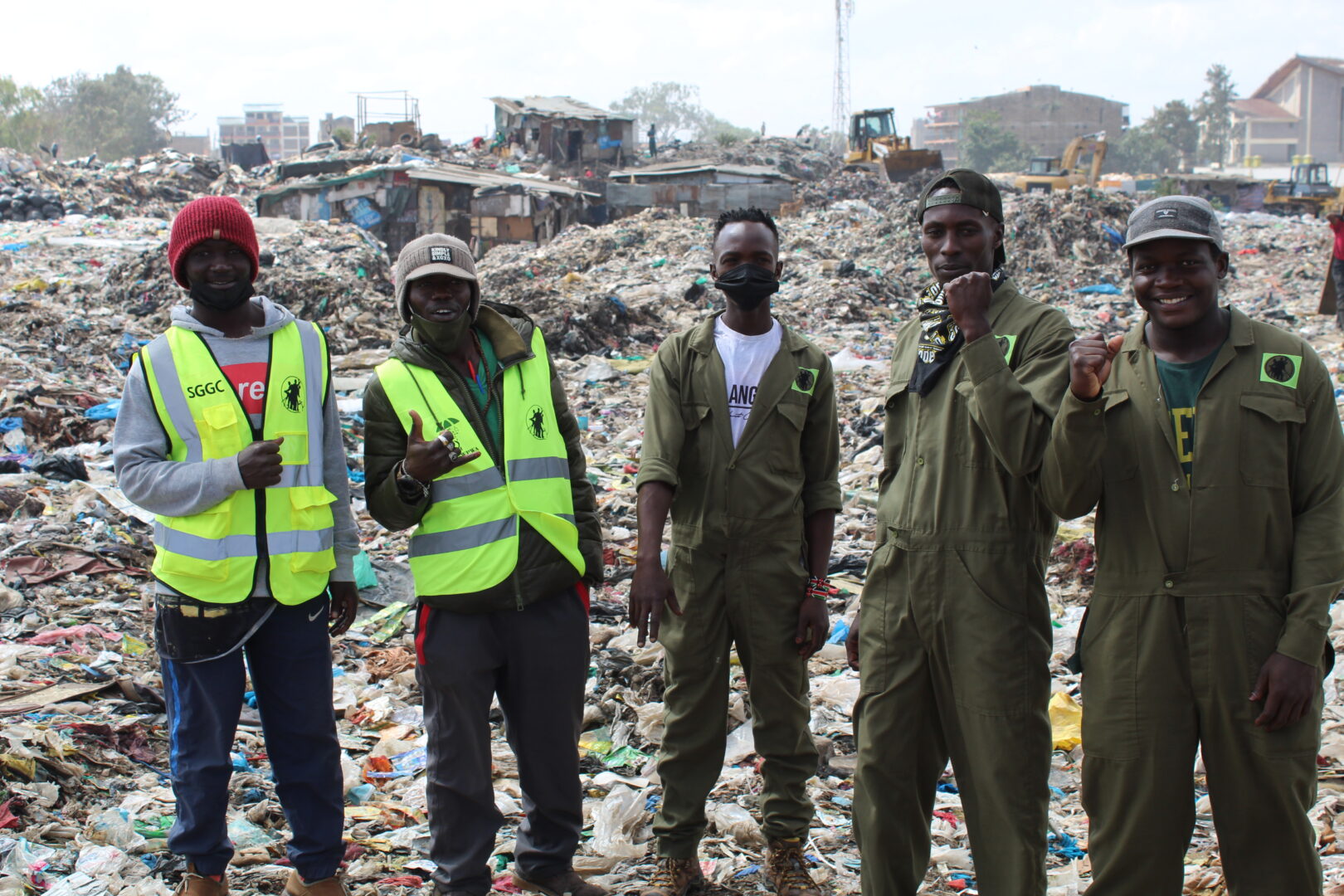
Watch! Africa Day Waste Colonialism Meeting
Check the video below to hear the presentations from our speakers, and learn more from them here:
- Semia Gharbi (AEEFG) on Italy- Tunisia waste dumping case;
- Griffins Ochieng (CEJAD) on plastic policy and waste trade;
- Gillbert Kuepouo (CREPD) on the Bamako convention;
- Desmond Alugnoa (GAIA) on textile and e-waste in Ghana.
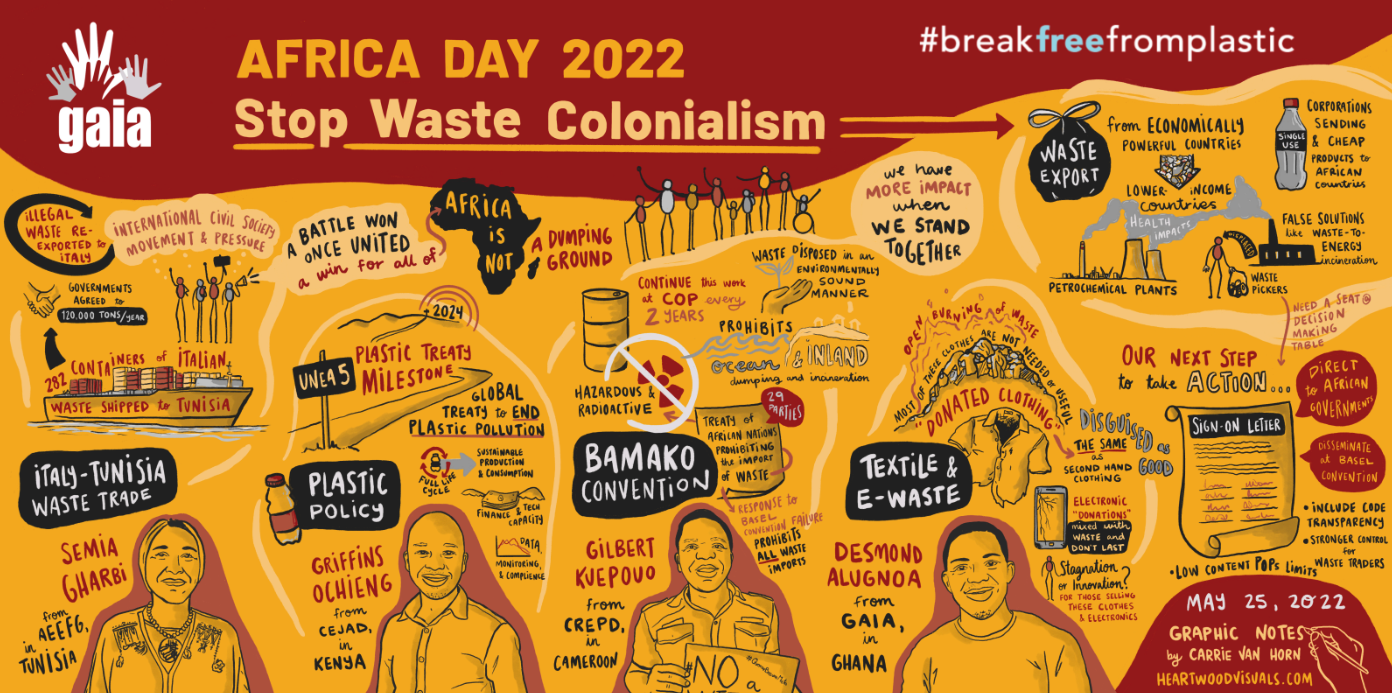
#StopShippingPlasticWaste
Ending waste exports from rich to weaker economies is crucial to reducing plastic pollution, and protecting communities from the impacts of the plastic waste trade.
This petition urges shipping companies to #stopshippingwaste in a bid to effectively address plastic pollution. Join us in calling on shipping companies to #StopShippingPlasticWaste from the world’s wealthy economies, including the USA, EU, UK, Japan and Australia, to weaker economies in the Asia Pacific region, Africa, and Latin America.































